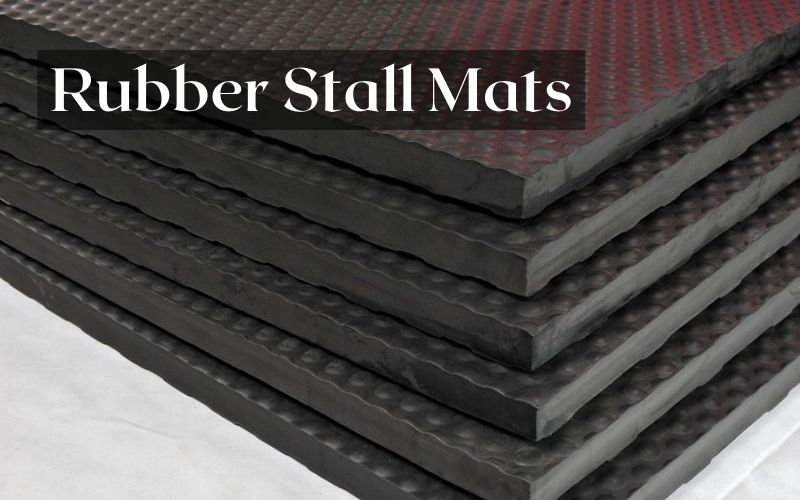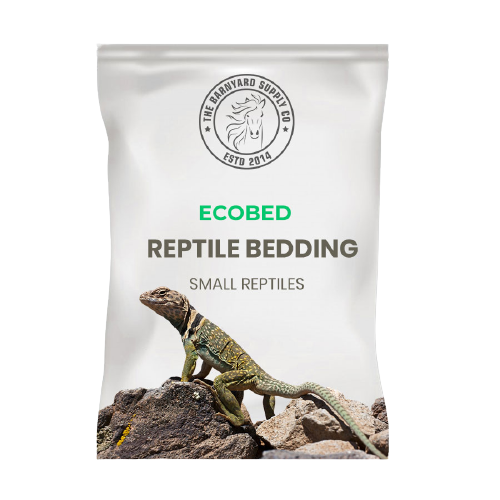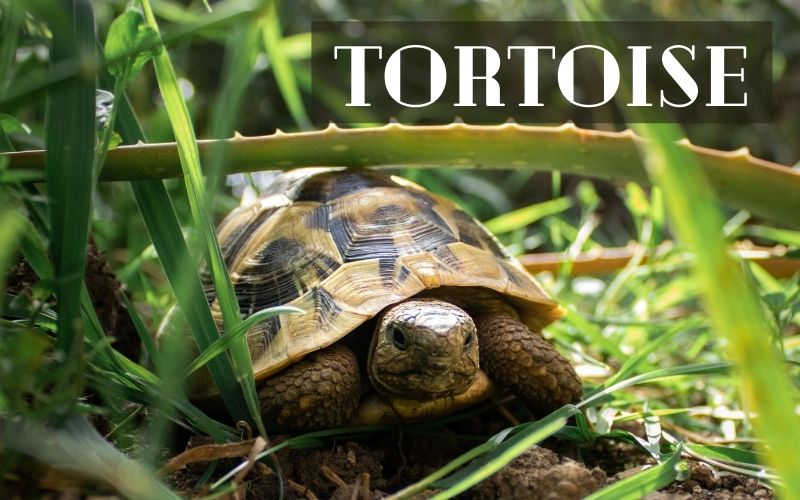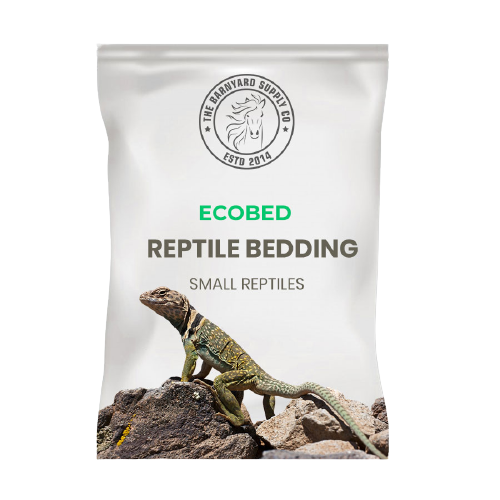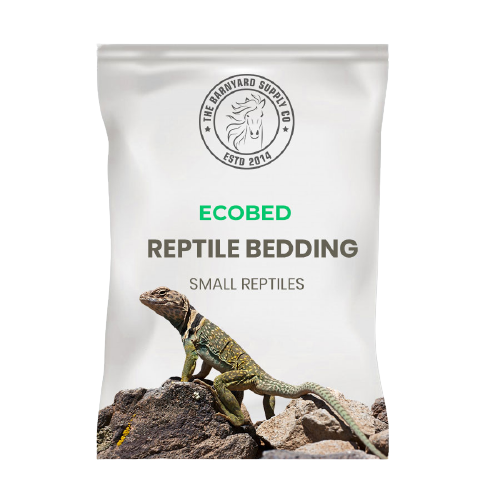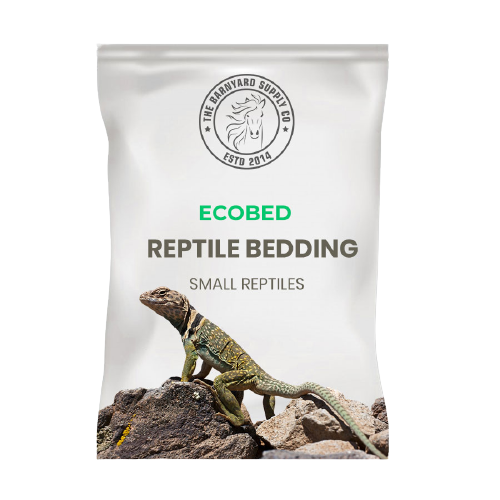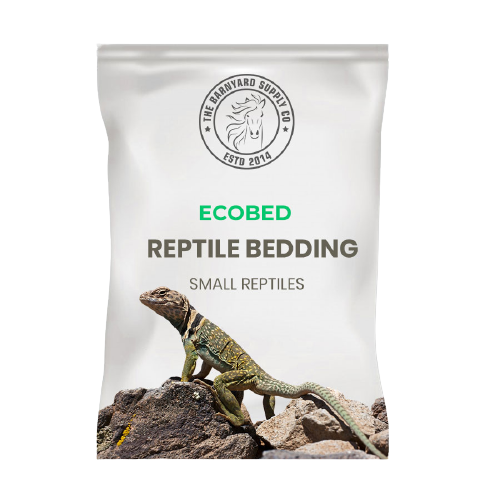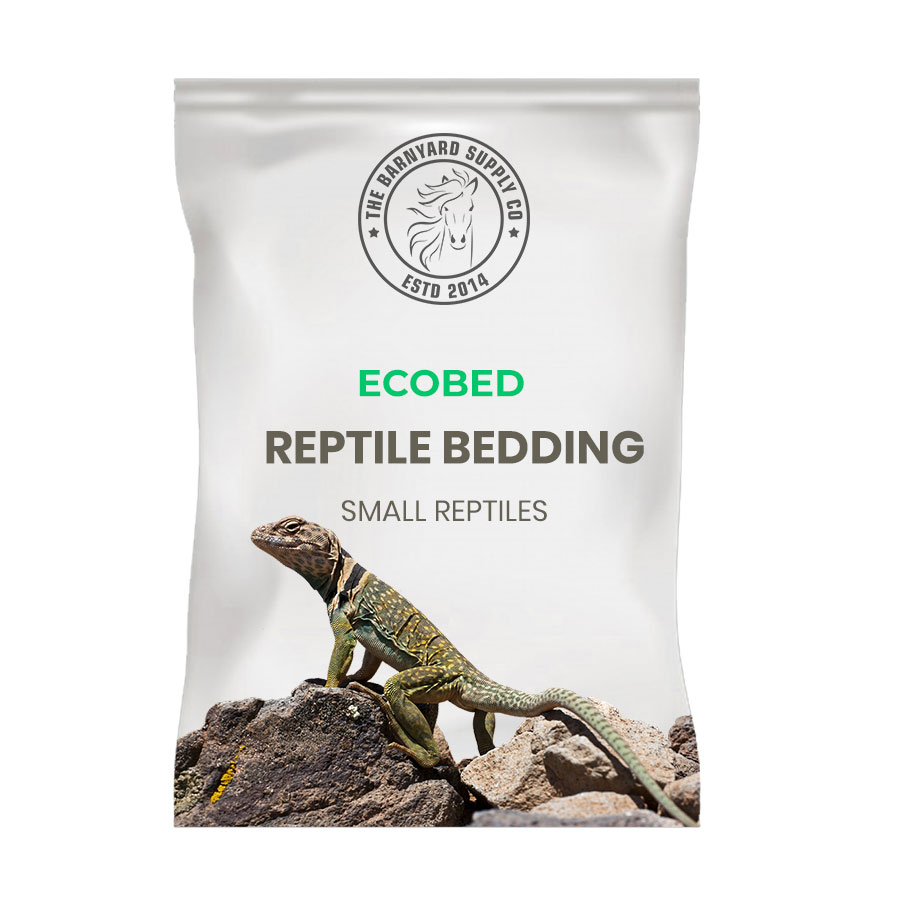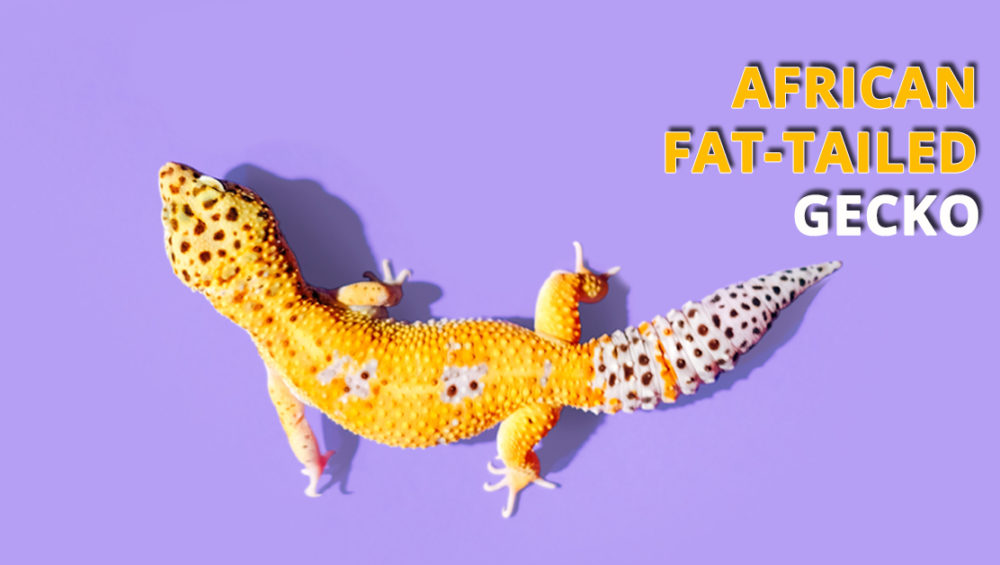Rubber is a material that is used to make a variety of items for a variety of purposes. Rubber floor covering is a prominent and highly desired application of rubber in the current day. Rubber floor coverings are suitable for usage in a variety of settings, including the home, industrial, business, hotel, and so on. Rubber Flooring or Rubber Matting are two terms that are commonly used to describe them. Rubber matting producers produce a variety of rubber flooring alternatives, including rubber floor tiles, rubber floor mats, and rubber flooring rolls, among other things.
Rubber Mats Are Made Up Of?
The majority of individuals are curious about rubber. Rubber flooring can be manufactured from natural tree rubber or synthetic materials such as recycled tyres. Rubber’s minimal maintenance and durability make it an economical rubber flooring alternative for homes. Rubber mats made from recycled rubber are the most ecologically friendly. This material, which is made from recycled rubber such as that found in old vehicle tyres, helps to reduce trash build-up, making it a low-impact floor covering option. The production method is low-cost and energy-efficient compared to most other resilient flooring options. In many situations, the most affordable rubber flooring choice.
Why Should You Choose Rubber Floors?
Stall livings require a small surface since they are likely to get injured and unintentional scratches. Rubber mats are often used as a durable flooring because their shapes are more precisely tailored to their needs.

Rubber flooring has opened up new possibilities in terms of design and functionality. Rubber flooring is regarded to be very cost effective, whether it is used as a complete room floor covering, an entry mat, or a floor mat. Rubber mats are resistant to the elements. New designs include carved ribs that scrape shoes clean before entering a room, office, factory, or other business complex. The flooring has been tested to withstand almost any material.Rubber Matting is easy to clean and maintain compared to other forms of hard surface flooring.
Rubber flooring, such as rubber floor mats, is extremely slip resistant, reducing the danger of slips and falls in high-traffic areas. As a result, industrial rubber flooring is suitable for a variety of applications, including offices, factories, ramps, toilets, and concourses.
Rubber flooring is manufactured from recycled rubber, but natural rubber flooring is also an excellent choice. Recycled rubber is a very durable elastomer that is frequently made from old, worn-out car tyres. Rubber floors made from this low-cost material have a remarkable capacity to protect your current flooring from physical stress and hard impacts while still being robust enough to keep their shape.
Are Rubber Floors Comfortable?
Rubber flooring is really pleasant to walk on. Rubber floors provide a level of anti-fatigue comfort that is difficult to obtain in other forms of flooring. Because of its natural flexibility, rubber is a softer and more forgiving surface to stand on than wood or concrete. It’s only normal for a person’s feet and lower back to get painful and fatigued after long hours of standing or walking. Hard surfaces provide no respite from the pressure that has built up in certain parts of the body. Rubber flooring, on the other hand, can aid to relieve this stress. Rubber flooring ensures a higher level of comfort for your entire body, not just your feet.
Is Rubber Flooring Safe?
Rubber flooring is thought to be harmless, and no health risks have been discovered thus far. Rubber mats of good quality are generally odourless and safe. VOCs are the off-gassed chemicals you smell coming from rubber (volatile organic compounds). The majority of rubber mat manufacturers claim that their products are completely safe. Remember that recycled rubber is an environmentally beneficial product. This is due to the fact that recycled rubber is manufactured from used automobile tyres. Rubber tyres would waste away slowly in a landfill if they weren’t recycled into new goods like rubberized floor tiles, rolls, and mats. By eliminating these tyres from landfills, the ecosystem will be able to handle biodegradable trash rather than rubbish that will not naturally decompose. When compared to synthetic rubber flooring, this helps to make recycled rubber floors considerably more inexpensive.
Where Can You Use Rubber Floors?
Rubber flooring may be used in a variety of settings, ranging from huge commercial buildings to modest backyard playgrounds. Rubber flooring may be used in entrances, stairwells, kitchens, garages, basements, and even outside. Our products cover interior and outdoor surfaces with a seamless rubber barrier to prevent weathering, water damage, dents, and other typical problems that can impact your flooring surfaces, whether they are constructed with recycled tyres, strong reclaimed rubber, or natural rubber flooring rolls. Rubber flooring and matting materials produced from a variety of elastomers are available from The Rubber Flooring Experts, with options to fit any home, commercial, or industrial use. Regardless of the application, all of our rubber flooring solutions will provide a higher degree of safety, protection, and comfort to any underfoot surface. Browse our best-selling products or narrow down your search by selecting a rubber flooring type.
How to Clean Your Rubber Mats
It’s critical to keep your rubber mats clean in order to maintain a sanitary atmosphere, yet it’s also surprisingly simple! With a mild detergent, a stiff brush, and a transport/wash cart, you can keep all of your rubber mats clean. Simply combine your soap and warm water, then scrub the dirt and grime away with the brush, being sure to get in between the cracks of textured or grooved mats.
Advantages Of Rubber Mats
- Extremely long-lasting and ideal for high-impact activities.
- An interlocking fitting of the glued-down flooring system is locked in place.
- A uniform appearance.
- Water resistance is better.
- It is reasonable.
Disadvantages Of Rubber Mats
- When wet, it becomes slippery.
- With fire it creates a problematic situation.
- It emitted an unpleasant odour.
Types Of Rubber Mats
Flooring Mats

Rubber Mats are implemented for a variety of purposes to provide floor protection, traction, and slide resistance. Rubber mats are available in a variety of widths, lengths, thicknesses, and textures to suit almost any purpose. Each rubber mat is made using top quality raw materials and is suited for commercial use. Rubber mats are utilised in a variety of commercial and domestic applications, including gyms, garages, hallways, warehouses, industrial facilities, and many more.
Interlocking Mats

Interlocking mats are made from long-lasting recycled rubber. This ensures a low-cost, long-lasting rubber floor. This interlocking rubber mats inherits the components that make tyres resilient in harsh circumstances since recovered rubber is a by-product of tyres. Standing, working, or walking on them gives comfort and support. The reclaimed flooring interlocking mats makes it simple to install in a home gym, garage man-cave, or basement game area without the use of adhesives or tools.
Conclusion
Rubber flooring is utilised in a variety of commercial settings and workplaces, particularly restaurants and gyms, where the majority of occupations demand a great deal of manual labour and where heavy traffic is the norm. Rubber flooring reduces the frictional force that causes minor slips and mishaps. Rubber is a recyclable material. Rubber flooring is a fully safe and ecologically acceptable building material.

